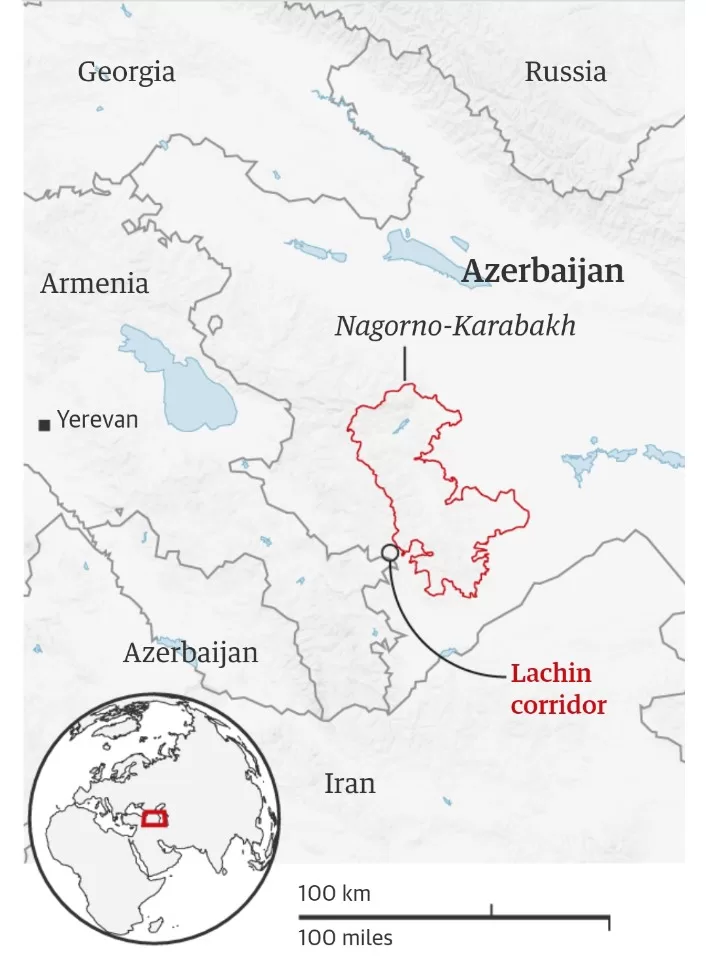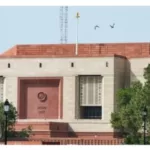Yerevan, Armenia – In a fervent display of discontent, thousands of protesters flooded the streets of Armenia’s capital in response to Azerbaijan’s full-scale military assault on the disputed region of Nagorno-Karabakh. Calls for the resignation of Prime Minister Nikol Pashinyan echoed through the crowd, amplified by frustrations over the perceived inaction of Russian peacekeepers and Western governments in curbing the violence.
Protesters gathered in Yerevan’s central Republic Square, where windows of government buildings were shattered, and confrontations with law enforcement erupted. Police resorted to deploying stun grenades to disperse the crowd.
Sarhat Petrosyan, an architect and former government member, articulated the sentiment, stating, “If we had good leadership, we would be able to resist what is happening. All these people are ready to go and fight.” Another protester, Svetlana Abramyan, emphasized, “If he [Pashinyan] can’t do anything, he should resign. He’s a coward.”
The conflict in the mountainous South Caucasus region resulted in casualties among civilians and troops, with Azerbaijani authorities framing it as an “anti-terrorist operation” to dismantle Nagorno-Karabakh’s government and eliminate “illegal Armenian military formations.”
Amidst the chaos, concerns loom over Baku’s intentions, with many in Yerevan suspecting an ethnic cleansing agenda aimed at the predominantly Armenian population residing in Nagorno-Karabakh, recognized internationally as Azerbaijani territory. One protester, Yuri, described the situation as “an Armenian genocide” unfolding in the 21st century.
During the night of protests, scuffles between police and demonstrators left 36 individuals injured. Opposition groups have pledged to continue their demonstrations in the days ahead.
The role of Russian peacekeepers, estimated at approximately 2,000 soldiers, has come under scrutiny, as they appeared powerless or unwilling to intervene during the 24-hour conflict. Some senior Armenian officials have criticized Russian peacekeepers for not doing more to halt the violence, potentially straining traditionally strong ties between Armenia and Russia.
Simultaneously, a smaller gathering outside the Russian embassy in Yerevan voiced their discontent, accusing Russia of provoking the conflict and expressing a desire to rid the region of Russian influence.
Pashinyan’s government has faced criticism for not authorizing military intervention against the Azerbaijani offensive, and tensions between Armenia and Russia have escalated, notably as Armenia strengthened its ties with Western nations.
As the Nagorno-Karabakh crisis intensifies, Armenia grapples with political unrest, and the international community faces mounting pressure to prevent further bloodshed and potential ethnic cleansing. The coming days are poised to test the resolve of both Armenian leadership and global diplomacy in addressing this crisis.







